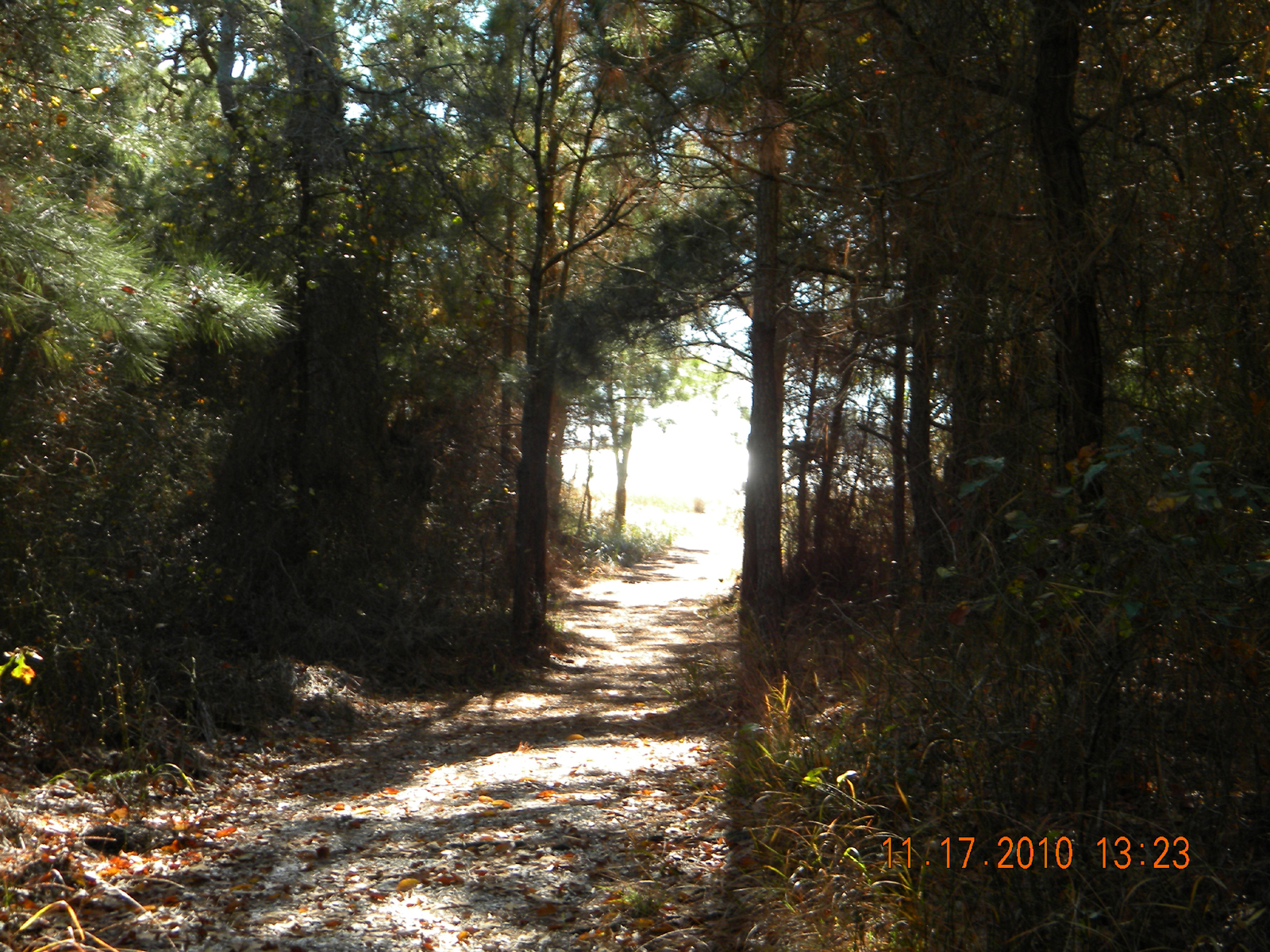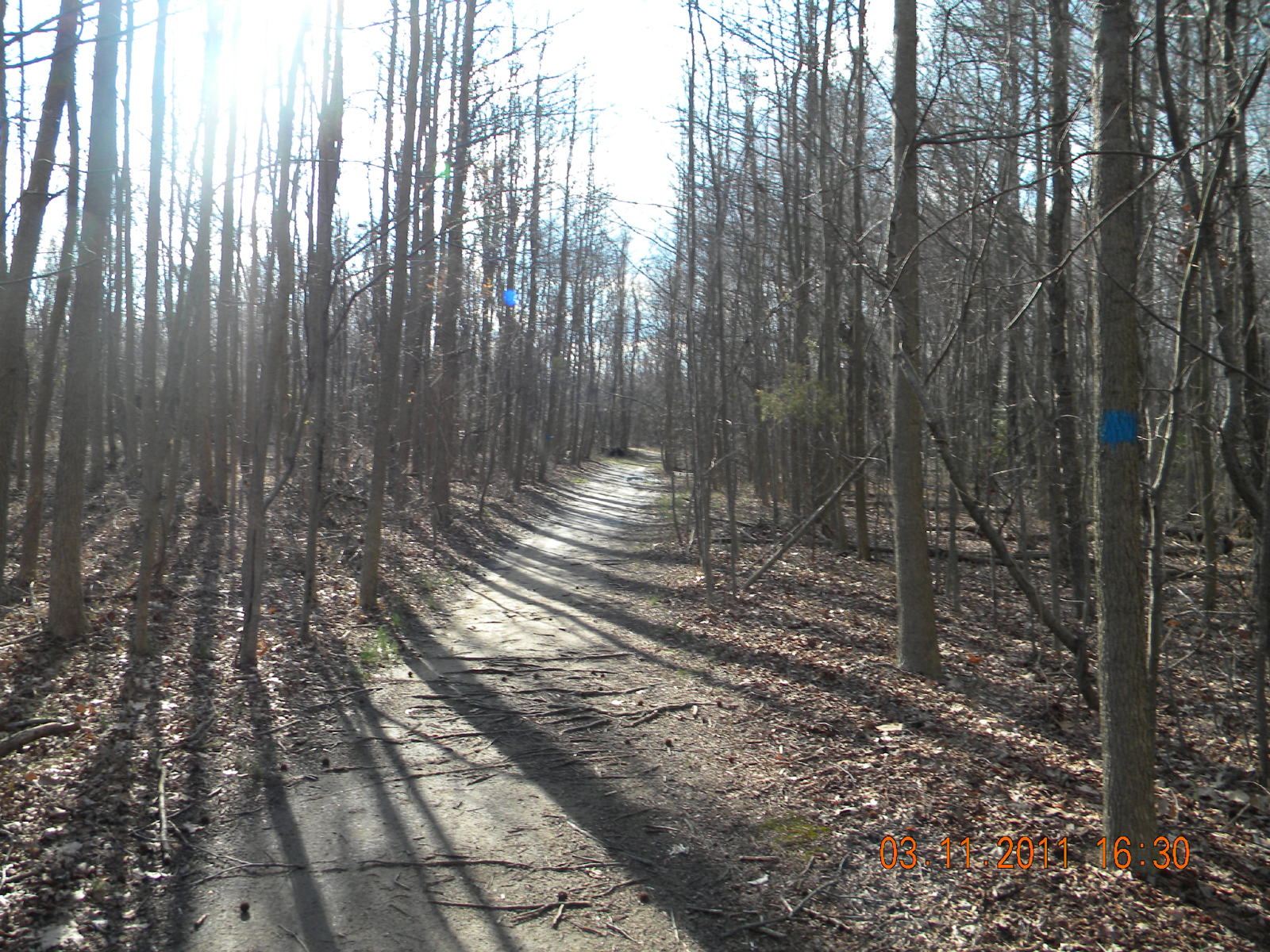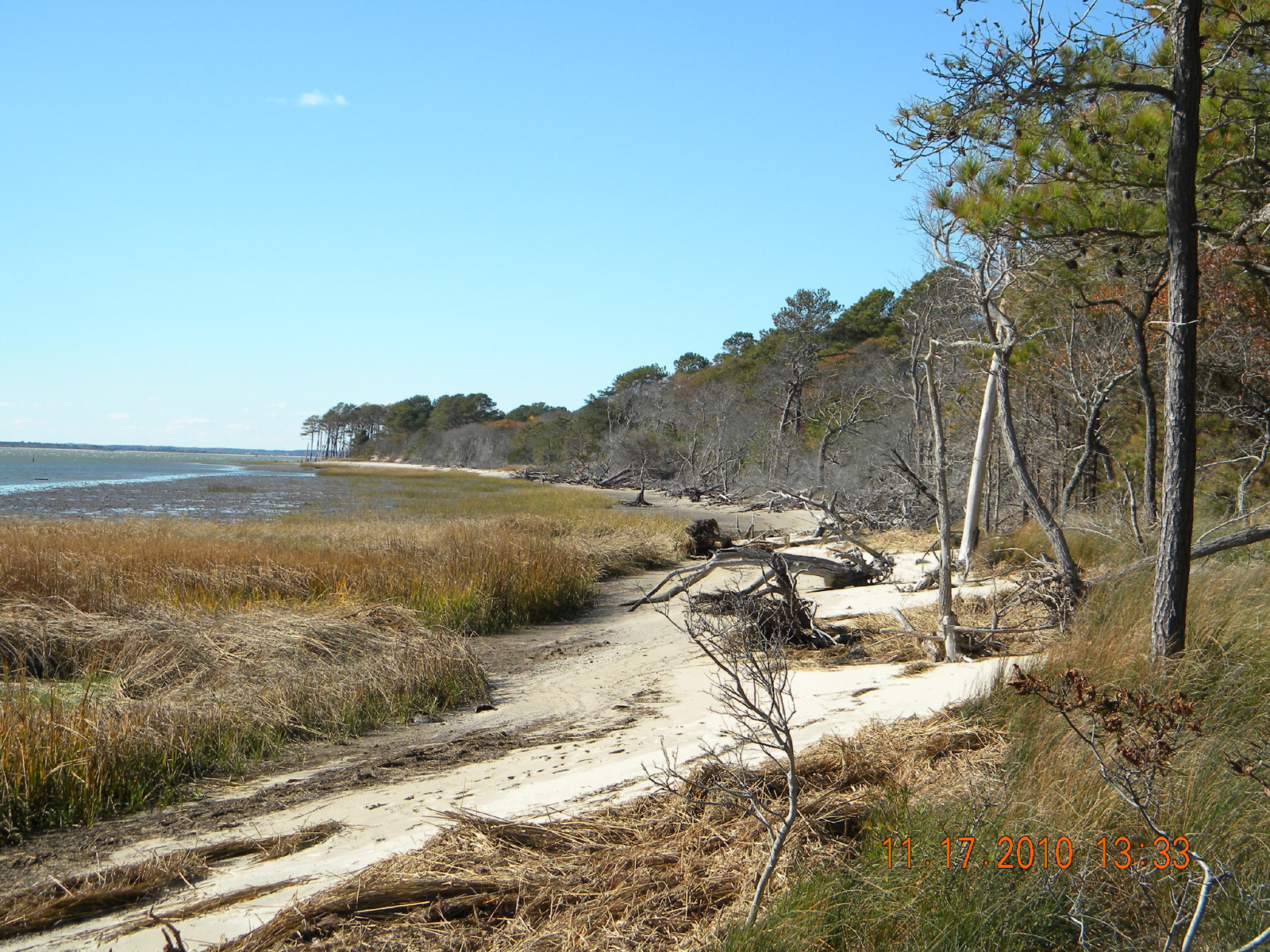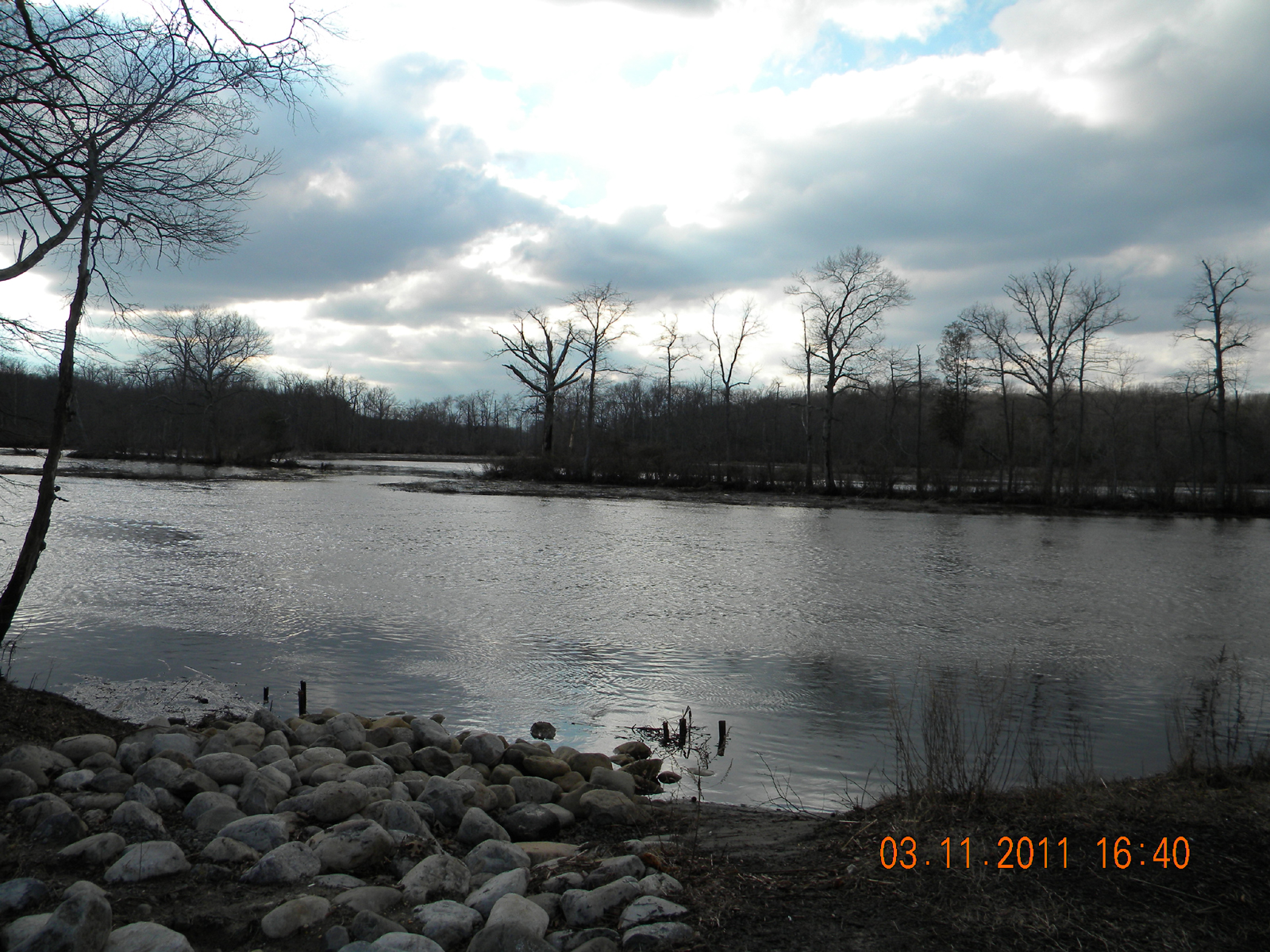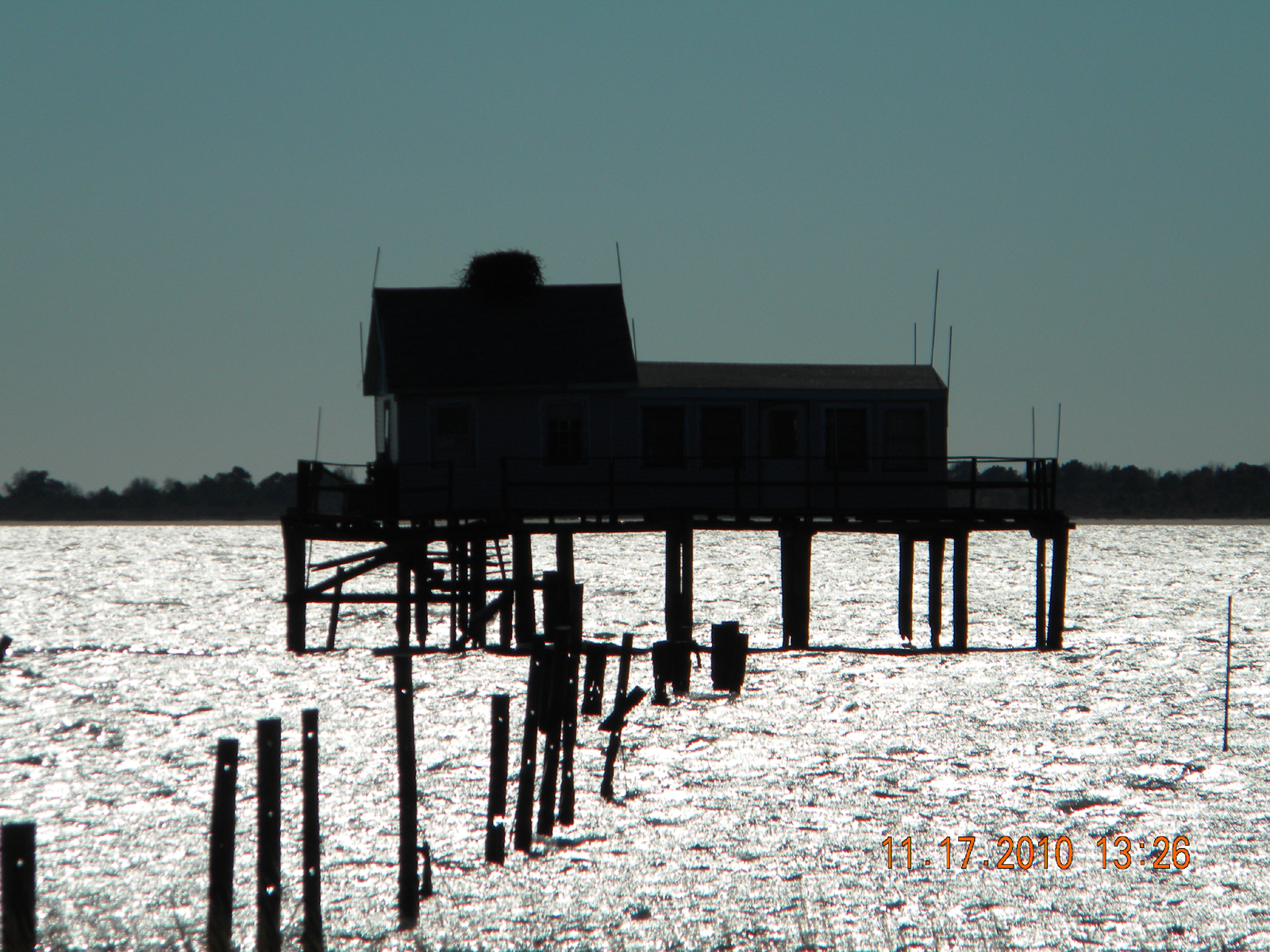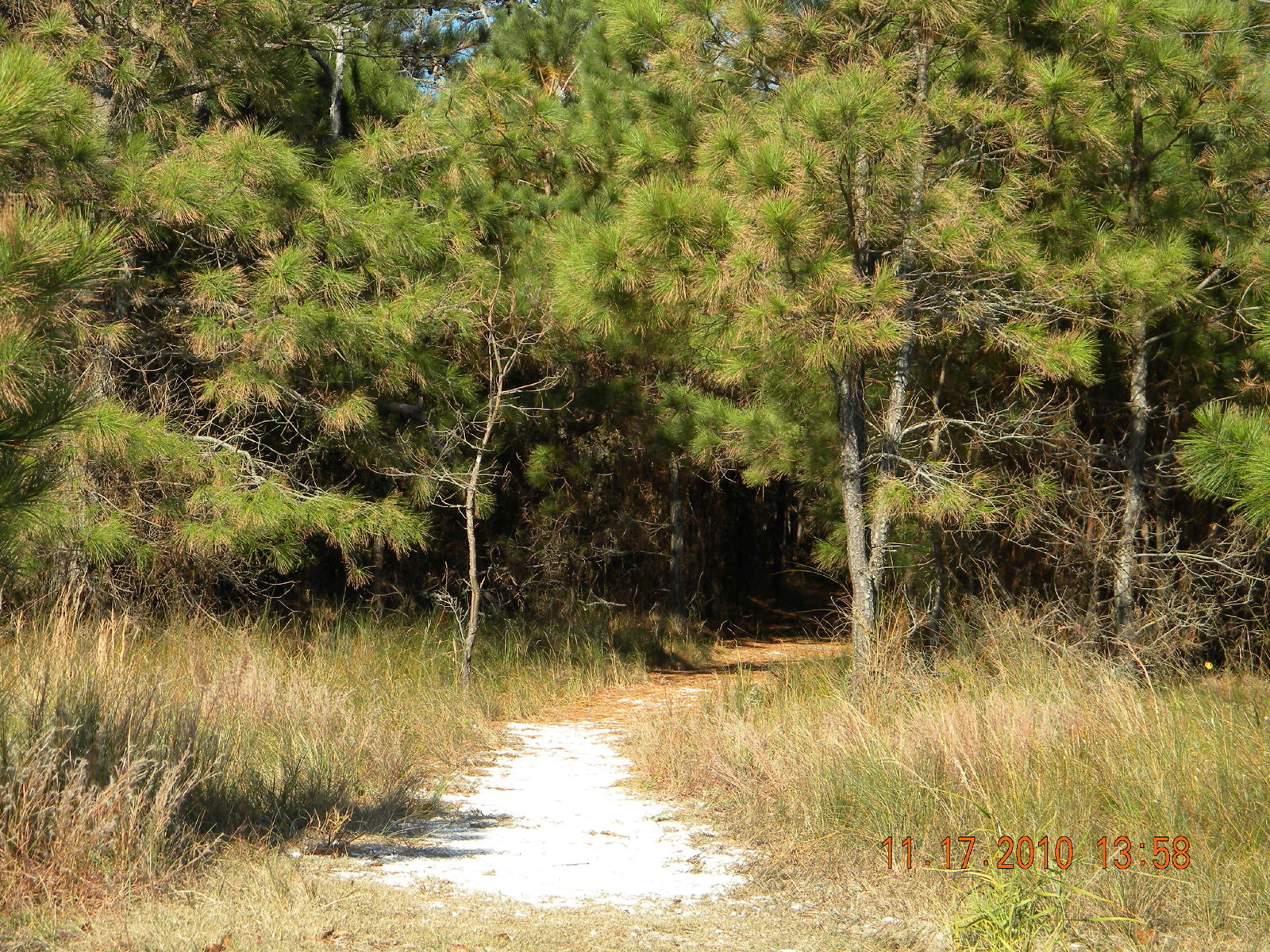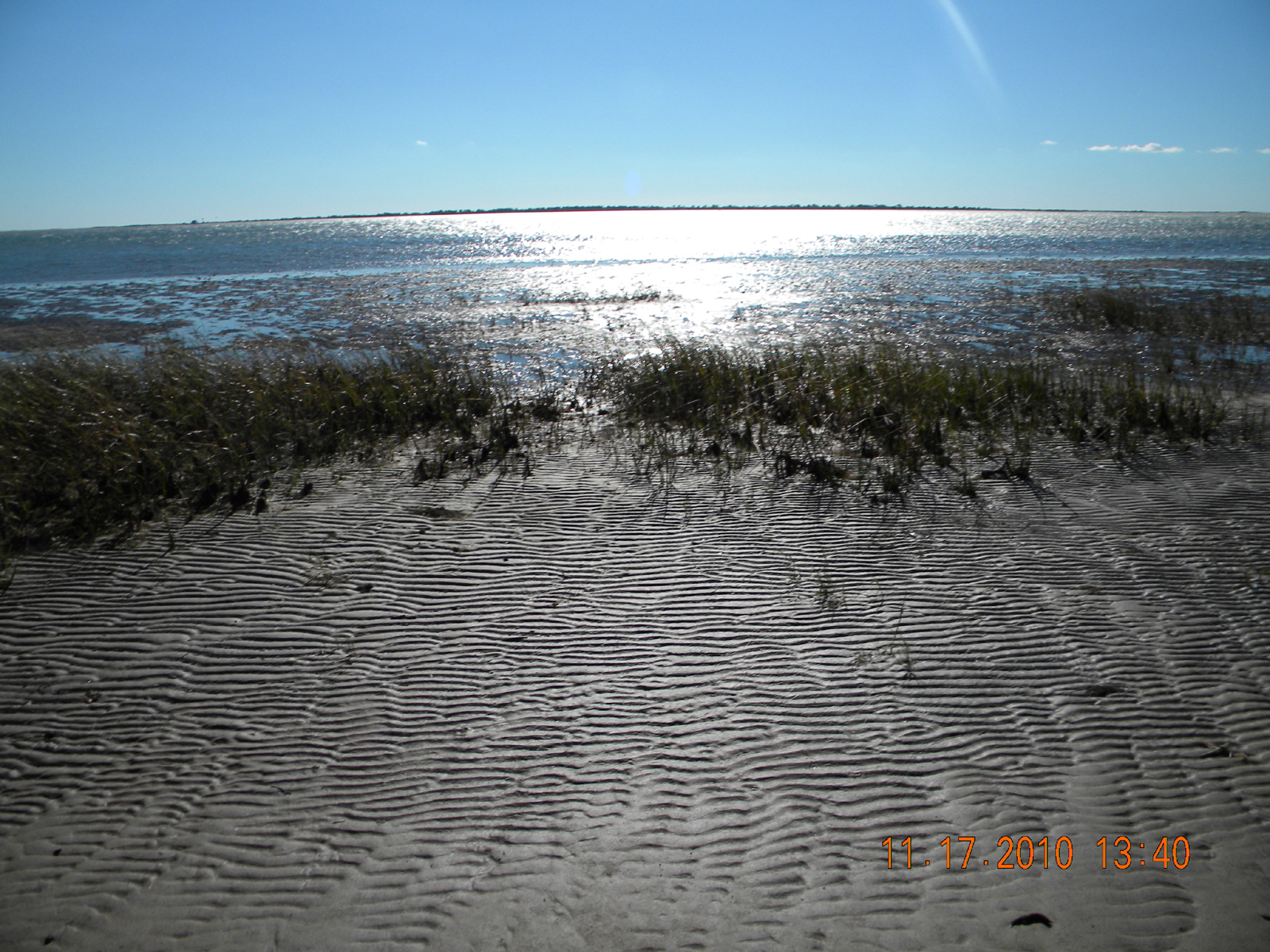I’ve been suffering lately with a condition called frozen shoulder. Basically, it’s when your shoulder muscles become paralyzed and super tight due to not using your arm properly. Mine started back in December with an injury, and the subsequent non-use of my arm led to the frozen shoulder. Contemplating frozen shoulder wandered into thinking about frozen imagination (because my mind wanders the roads less taken).
We often compare our brains to muscles, saying that if we don’t use it, we lose it. Our imaginative muscle is no different—you don’t use it, it gets all atrophied and useless. As a young writer, I had so many ideas, I couldn’t keep up with all of them. They poured out of my brain like Niagara Falls. Now, not so much.
I think I can trace it back to my daughter’s birth. Once I knew I was pregnant, I pushed the stories I had in progress to get the first draft finished before she was born. Then we had the whole infant-daze period, and then I got into editing and revising those drafts. Today, seven years later, I am still revising most of those stories, and have not embarked on a from-scratch novel. I derived my current work in progress from an idea I had many years ago, so even though the novel’s current form is completely new, the ideas and characters are not.
Truth is, I am not feeling very imaginative when it comes to story ideas. New ideas don’t crop up with the frequency they used to, and I find that my thinking within the stories is not as flexible as when I was younger. Finding fresh ways to approach topics and characters is harder for me. Maybe I am simply getting old and set in my ways—or maybe I have not exercised my imagination for so long that it’s flabby and weak.
My frozen shoulder needs physical therapy to get back to working order. It’s hard, and it hurts like heck as I stretch those muscles again. But that’s the only way to get it back—to push the limits and ask the shoulder to work again. Perhaps my frozen imagination needs some sort of therapy as well. I need to ask it to work again, and push past the comfort zones.
Maybe then my frozen imagination will thaw and my brain will feel more nimble.
So how about it, fellow writers? Any good tips for exercising my imagination muscle?
